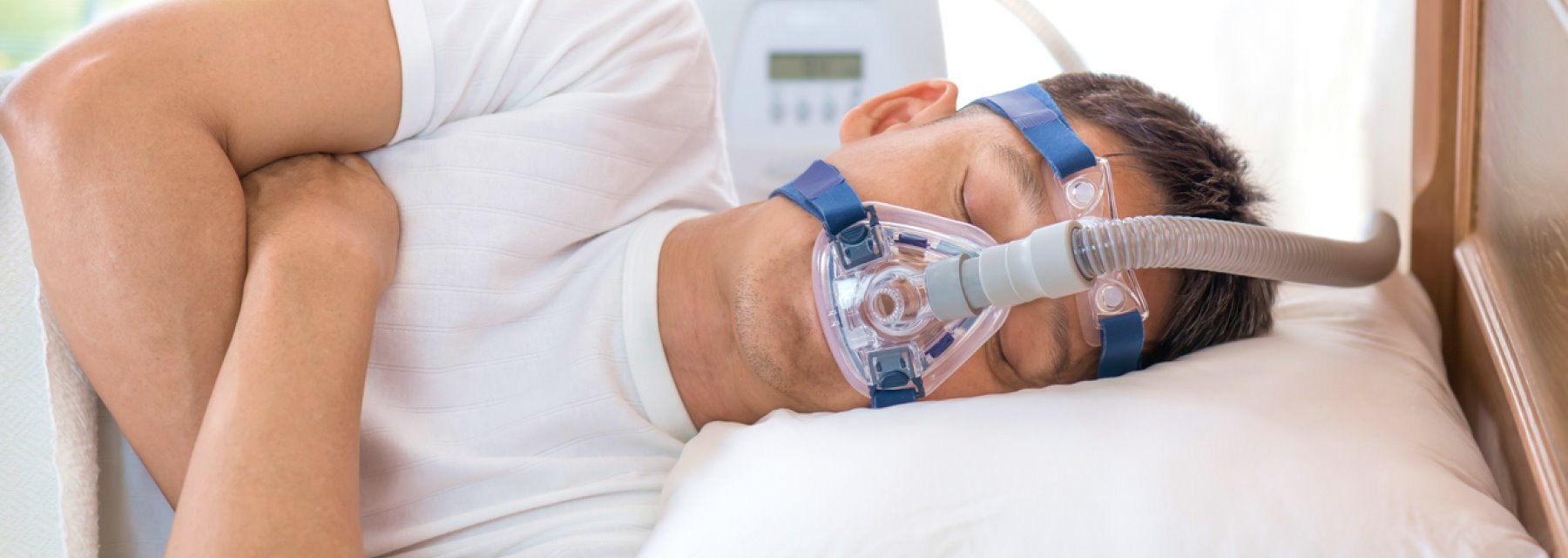
Sleep Apnea & Snoring Therapy
Snoring affects millions of people of all ages, both male and female. Oral appliance therapy is the most common treatment for the most severe snoring problems. Treatment procedures range from changing your sleep patterns to utilizing orthodontic-related appliances that help open the airways during sleep.
Common Causes of Snoring
Snoring is caused by the vibrations of your soft and/or hard tissue palates; these vibrations occur because of increasingly narrow air passages. When air passes through these passages, a "flapping" sound occurs because the tissue is soft in nature. Surgery (to alleviate the snoring) is not always successful, however, because the sound may not originate from the soft palate; the snoring sometimes originates from tissues in the upper airway.
Common causes:
- Smoking
- Alcohol
- Health problems
- Obesity
- Obstructed nasal passages - deviated septum
- Poor muscle tone of the tongue
- Daytime fatigue
- Hypothyroidism
- Allergies
Sleep Apnea
Loud snorers may have a more serious case of blocked air passages, known as obstructive sleep apnea syndrome (OSAS). In these cases, the blockage of air is so great that no air can get through, causing repeated awakenings throughout the night. Obstructive sleep apnea can contribute or lead to many other conditions, such as high blood pressure, stroke, heart attack and depression, so it is important to be diagnosed by a medical professional if you experience any sleep-related symptoms.
Types of Sleep Apnea
- Obstructive Sleep Apnea (OSA) is the most common type of sleep apnea. OSA occurs due to a physical blockage, usually the collapsing of the soft tissue in the back of the throat. In some cases, the blockage of air is so great that no air can get through, causing repeated awakenings throughout the night. Loud snorers often experience OSA.
- Central sleep apnea (CSA) occurs because the muscles that control breathing don't receive the proper signals from the brain.
Symptoms of Sleep Apnea
- Loud snoring
- Cognitive Issues
- Headaches upon waking
- Drowsiness during the day
- Irritability or mood changes
Risk Factors
Anyone can experience sleep apnea, even children, but the risk factors associated with this disorder include:
- Obesity
- A family history of sleep apnea
- Heart problems
- Smoking
- Drinking alcohol
- Gender - Sleep apnea is more common in males.
- Age - The risk of sleep apnea is significantly higher with adults over 40.
Treatment
Treatment for sleep apnea varies, depending on the severity and type of sleep apnea a person suffers from. The most common treatment for sleep apnea is the continuous positive airway pressure (CPAP) device. Other treatment options include oral appliances and lifestyle changes, such as weight loss, exercise, and avoiding alcohol and smoking. In extreme cases, surgery is recommended. Our office is able to help deliver a home sleep test that allows a diagnosis to be made via the comfort of your own home!
